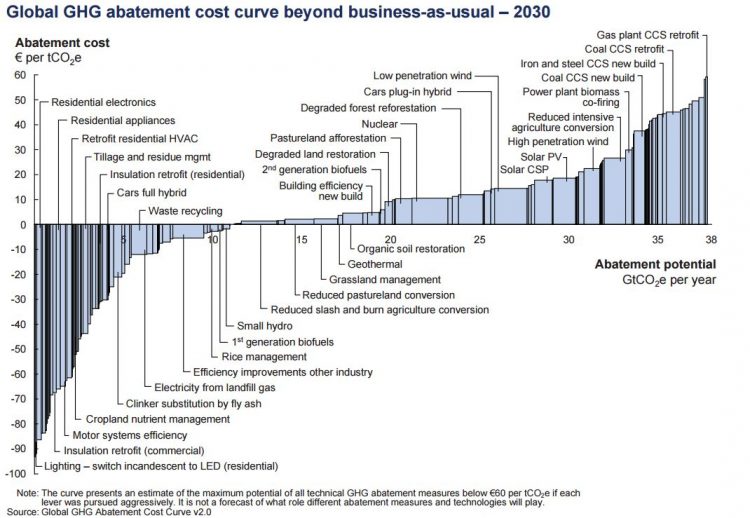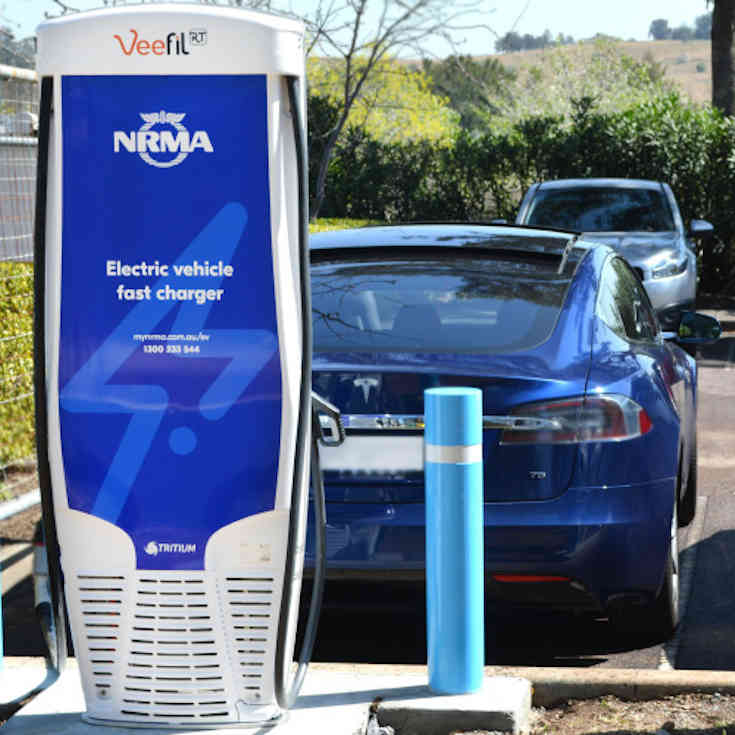Climate misinformation seems to have a life of its own on social media. We hear the same wrong ideas over and over again, sometimes using the exact same words.
Here’s one I hear a lot. If climate activists were genuine, we’d cut out of our lives anything that uses fossil fuels.
Are they right?
The claims
The accusations seem to be built around the same few issues. If we were serious about climate change our behaviour would change in these ways:
- We’d stop using petrol or diesel cars and only use electric.
- We wouldn’t travel by air.
- Our homes would be powered 100% by renewable energy, and they would be much smaller.
- Do we eat only sustainable foods with little wastage, avoiding meat?
- We wouldn’t use mobile phones because they are made using fossil fuels.
Five reasons why these accusations are misinformation
1. It’s a transition
No-one sensible suggests we should all immediately change to non-fossil fuel energy, transport, agriculture and manufacturing. The aim is to phase out fossil fuels and transition to a renewable economy.
We need to start immediately (if not sooner!) but we can’t finish immediately.
The targets often advocated are 50% net zero by 2030 and 100% net zero by 2050 or earlier if possible. This allows time to develop cost-effective solutions.
Thus the ALP plan at the 2019 election was for 50% of vehicle sales (not vehicles on the road) in 2030 to be electric vehicles. This, as is now generally recognised, was a sensible and achievable policy.
2. Net zero ≠ no carbon
Reaching net zero doesn’t mean that no carbon will be emitted into the atmosphere. Rather it means any carbon which is emitted will have to be balanced with carbon removal.
3. Incorrect information
Some of the sceptical comments are based on false or outdated information. For example:
- Claims that electric vehicles depend on lithium mined unsustainably and unethically (forced labour) may have been true once, but not any longer. Half the world’s lithium now comes from Western Australia and is mined to high standards.
- Climate scpetics sometimes claim that requiring industry and electricity generation to move to renewable energy will cost enormous amounts of money and make them unviable. Yet most power generation companies and many industries are moving towards renewables anyway, because they are cheaper and more sustainable.
- Some of the claims relate to activities that seem important but may produce less carbon than we think, e.g. air travel. There is a real issue with electronic devices and networks, which includes mobile phones, but much of the carbon emissions can be prevented by data centres using renewable electricity and by recycling old devices.
- The United Australia Party has an advertisement that says net zero emissions means zero jobs and zero future. The truth appears to be that renewable energy may not suit Clive Palmer’s mining interests, but it will create slightly more jobs that fossil fuels and is clearly the way of the future.
4. Governments must act!
The most important carbon reduction strategies require government action. Most also require business action.
Our World in Data has estimated the cost of removing carbon by various actions. As shown in the graph, some actions are assessed as being cost beneficial, and these are the obvious ones to begin with.
Most actions, even the ones which individuals can take, require government action via regulation or incentives. Those requiring business adoption have generally greater effect, and still generally require government support or regulation.

This need for government action is even clearer in this assessment by OECD. Twenty five strategies are outlined, the combination of 5 “policy levers” in 5 different industry sectors:
Economic sectors
Agriculture
Buildings
Electricity
Industry
Transport
Policy levers
Invest
Regulate
Tax & subsidies
Lead by example
Inform & educate
It is clear that all these 25 actions require government involvement, regardless of whether government, business or individuals are the ones taking action.
Wrong government priorities
Government subsidies (mainly Federal government) to the fossil fuel industry currently amount to almost $12bn each year, propping up an industry that is also doing enormous harm to the environment and health. Meantime, subsidies to renewable energy are less than $3 bn each year.
This funding could be used much more beneficially. For example, if the government had adopted the ALP’s policy on electric cars, it would have invested in a large network of quick charging stations, making it much more practical for citizens to move to electric vehicles.
5. Deliberate misinformation?
Behind most of these claims lies the shadowy world of vested interest climate change denial. This has been researched, and includes:
- So-called “think tanks” which produce apparently scientific information that sceptics can use on social media. Trouble is, the “think tanks” are funded largely by fossil fuel interests, their information is unreliable, the scientists are generally not climate scientists and they represent a very small percentage of all scientists. These think tanks use deceptive approaches honed during the fight by the tobacco industry to deny the smoking-cancer link – some, such as the Heartland Institute, have been involved in both truth-denying campaigns.
- The right wing media, notably the Murdoch media, has long presented a biased viewpoint. The Murdoch press in Australia pushes climate denial through unrepresentaive reporting, misleading headlines, careful placement of articles and reports to maximise the appearance that all is well and minimise the looming dangers, outrageous columnist viewpoints, and denigration of climate activists and scientists (including highly questionable treatment of Greta Thunberg).
- Governments (including the current Australia government and the Trump presidency) can distort the truth and pretend to be doing more than they actually are.
My challenge
So how am I measuring up to the sceptics’ accusations?
- When we bought our car 5 years ago, electric cars were not a viable option. I expect my next car to be electric, and I expect I’ll be part of Bill Shorten’s 50% of new car sales to be electric by 2030.
- I haven’t travelled by air for 3 years, and when I do travel I buy carbon offsets (for what they’re worth).
- Our home is powered by 100% renewable energy.
- We have a low meat diet, waste little food and compost all our waste.
- My mobile phone is about 9 years old and I have no plans to buy a new one.
- We recycle electronic equipment, batteries and the normal household recyclables.
I don’t pretend to be doing everything as well as I’d like, but we are definitely part of the transition to renewable energy. I would expect most people concerned about climate change to be on the same path, though some may have started earlier than others.
Conclusion
It is good the sceptics pose their challenge, as we all need to be working towards net zero. But their challenge is too often based on misinformation and misunderstanding. It is our government that is letting the country down, not the activists.

I afraid you are just as guilty of misinformation and denial .
Your comments on many of the accusations just brush aside the reality of what is happening. Half the Lithium comes from Australia you say,then lets forget about the mines in the Congo with 10 year old workers! Let alone the non recycling aspect of the so called renewables.
Pacific Islands are not sinking ,you even quote that in you piece, that they got it wrong. It could be another 100years! They don’t know is more to the point.!
Transition you say …there is no working backup energy system in place anywhere.. think Europe enormous energy cost and lack of energy. This is the reality and don’t blame Putin this was out of control before the invasion . These are facts .Why are you ignoring it as if it will go away or Australia will be doing something magical that Europe couldn’t do and still cant . . Have a look at the Government CSIRO paper on how they claim renewables are cheaper.. Its the one that Chris Bowen keeps quoting, its based on only 12 hours of battery backup ( increased from the previous report that they said 9 hrs was adequate) for all Australia and they based this on 9 recent years of weather history , good luck with that!
Climate deniers you say are not real climate scientists , come on that’s absolute rubbish. Go look that up!
The UK doubled up on wind and solar and their cost went up. As for vested interests look at the Green billionaires. If you make it impossible to invested in fossil fuels through ESG ( many years a go )what do you think will happen? Greta is no scientist! I have been studying this for 15 years now and the problem is both sides can be right and wrong. I wont even go into the doomsday predictions that have never eventuated over the last 50 years and yes these were made by climate scientist .My point is something is wrong in all of this and we need to move forward very carefully before we turn the lights out and I don’t think this is happening. Its all based on scare tactics which truthfully over the last 50 years have not happened.
Hi Peter, I’m sorry, I don’t keep this website current any more – it was developed for the last election campaign – so I didn’t see your comments until now.
I don’t know if you will ever get to read this, so I won’t spend a lot of time, just respond to a few points.
“Climate deniers you say are not real climate scientists , come on that’s absolute rubbish. Go look that up!”
I have researched it and it is true to say that (1) most climate deniers are not actively working climate scientists, and (2) those that are climate scientists are a very small percentage of all climate scientists.
“we need to move forward very carefully before we turn the lights out”
Agreed. But I don’t see much sign or a rush! We are still moving too slowly. But it is clear that electric cars and renewable electricity are the way of the future and cheaper in the long run (and often in the short run too).
“I afraid you are just as guilty of misinformation and denial .”
I don’t believe that is true and I certainly don’t think you have shown it to be true. I have tried to document all my conclusions.
I’m happy to talk further. Thanks for commenting.